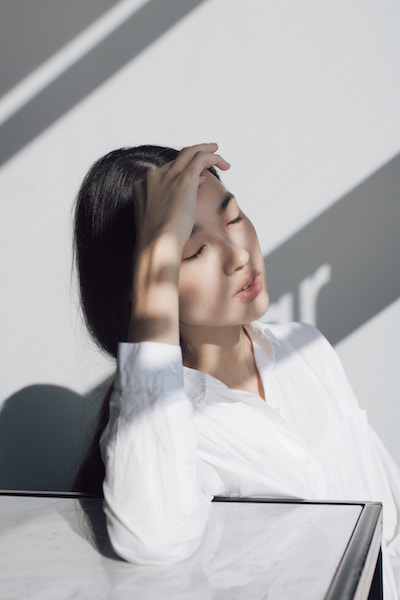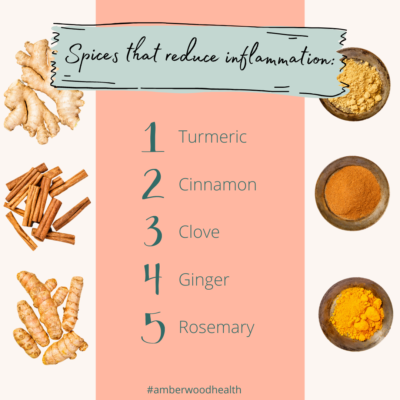Next Level Sleep

Sleep is the cornerstone of health. Everything from immune function to mood & behaviour issues are all linked with poor sleep habits. Researchers are learning so much from experimenting with how sleep deprivation inhibits our ability to thrive.
Let’s get your sleep dialed so you can live well. Here are some of the facts that will help you do it.
Duration & Timing of Sleep
Duration is how long you sleep. Research shows that we need between 7-9 hours each night for optimal health. You’ll need to be in bed a little longer to achieve this because we all need transition time.
Timing is when you sleep. Sleeping during the day is very hard on the body. Natural light, temperature and seasonal changes all relate with timing.
The habits of three hunter-gatherer groups were recently studied. They went to bed, on average, 3.5 hours after sunset. Were they in front of screens during this time? Of course not. They were dancing, telling stories and singing. What’s very interesting is like us parents, they woke before sunrise. Why?
Temperature is a big deal when it comes to sleep
People wake up when temperature rises and this often happens prior to sunrise.
Having a hot bath before bed raises your temperature but when you get out you cool down rapidly. In fact your core temperature cools down and this can make you drowsy.
Alcohol raises your body temperature so you’ll often sleep worse after a drink. NSAIDs like tylenol drop temperature slightly but I don’t recommend using this as a sleep aid.
The Time You Spend in Bed
Allowing yourself a sleep period of 8 hours ensures that you’ll get the rest you need. How long we sleep varies but extending the time you have in bed means you’ll more likely get what you need. Keep in mind that recovery from a work out or an infection requires longer rest periods.
What is fascinating is that the tribes that were studied would be asleep for an average of 6 hours every night but in bed for 8 hours. So this brings us to why an extended sleep period is so effective for increasing sleep satisfaction.
Sleep Satisfaction
This is the feeling of being rested, energetic and alert when you wake up. You may need even more sleep if you are using your brain a lot or want to optimize memory. This is why college students need almost as much as infants or toddlers.
Light Exposure
The hunter-gatherer people who were studied were not affected by light exposure. Obviously this is because they have a consistent environment without artificial light. There is no jet lag and fewer changes in general.
Blue light at night, shifts in time zones and more stimulus at the wrong times all have an effect. Lack of daytime light exposure is a major contributor to circadian disruption. We all need at least 30 min of outdoor day light to set our clock. With people working indoors all day this is an important factor to address. In terms of productivity, cutting blue light during the day can be helpful. We are alerted constantly when exposed to blue light & don’t perform as well. Wearing orange tinted glasses is calming. It can help with focus. Take a walk outside at lunchtime will do the same thing.
E-Books
Light is measured in lux. Although devices don’t have a high output most people hold their device too close. I’ve thought about how as a kid I never was allowed to sit that close to a television.
The intensity of light exposure is quadrupled if your device is a foot away versus two feet away. This is because of how directly the light penetrates into your eyes.
All Kindle type apps are now backlit. This can create a similar circadian disruption especially if you don’t get daytime light exposure & have your ebook lit up at bedtime.
Nature, distance & movement
Being in nature regularly is important too. Looking at a body of water, a field or the forest uses different parts of our eyes and brain. I was struck by how calming it is to look out at the mountains where I live.
Eye movement has a massive impact on learning and physicality. We know this from studying infants growth. I study this through a movement practice. I always sleep better after moving my body in different ways.
Resources
Chuck Czeisler’s has a Sleep Lab at Harvard University
Siobhan Banks is a researcher of sleep.
Dr. David Dinges is a psychiatrist who focuses on sleep and behaviour.
For glasses that block blue light check out: https://www.blublocker.com/
Related Posts
 How Stress Kills: Social Determinants of Health
How Stress Kills: Social Determinants of Health





